- HOME
- FLOW METER
- Electromagnetic flow meter
- Magnetic flow meter with ceramic tube
- Water flow meter
- Stainless steel magnetic flow meter
- Carbon steel magnetic flow meter
- Electromagnetic flow meter
- Smart electromagnetic flow meter
- Sanitary Electromagnetic flow meter
- Battery magnetic flowmeter
- Low Flow magnetic flowmeter
- Plug-in magnetic flow meter
- WATER METER
- SOLUTION
- ABOUT US
- NEWS
- CONTACT US
 admin@henanpanda.com WhatsApp:0086-16613890990
admin@henanpanda.com WhatsApp:0086-16613890990 
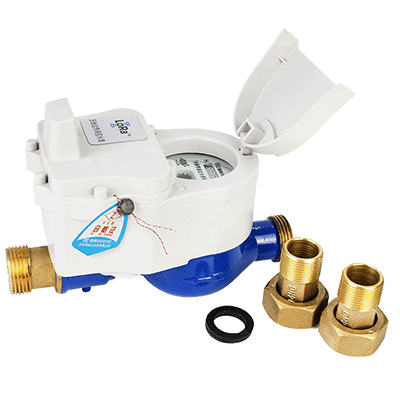
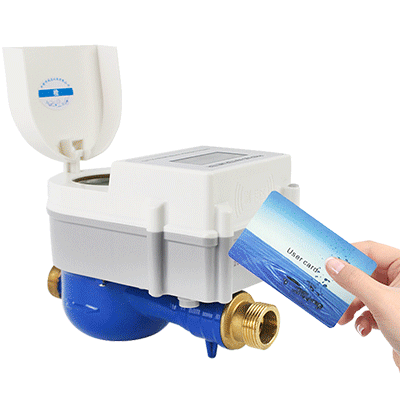
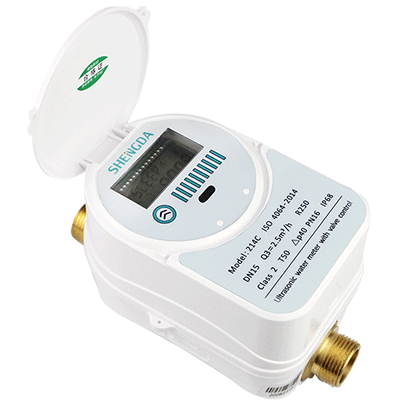
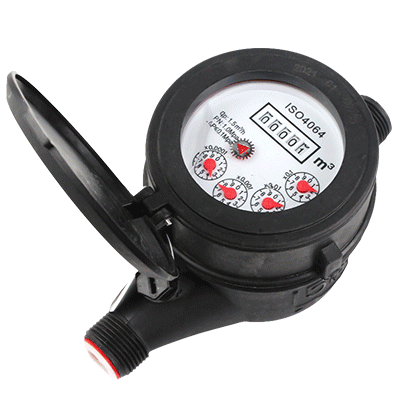
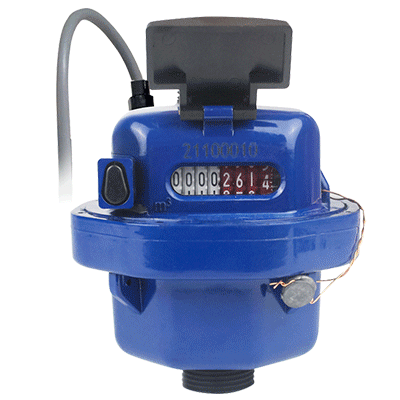
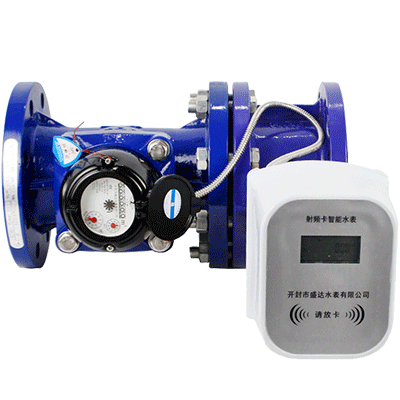
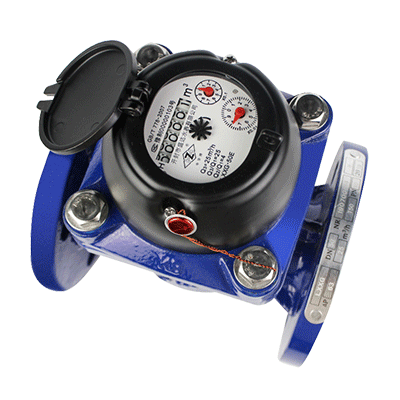
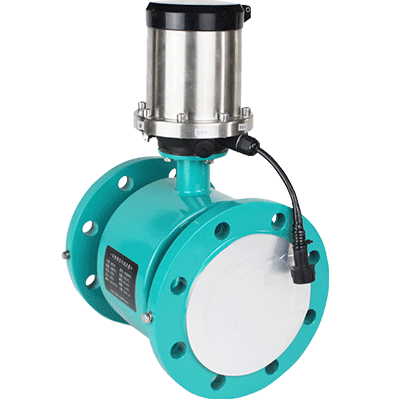
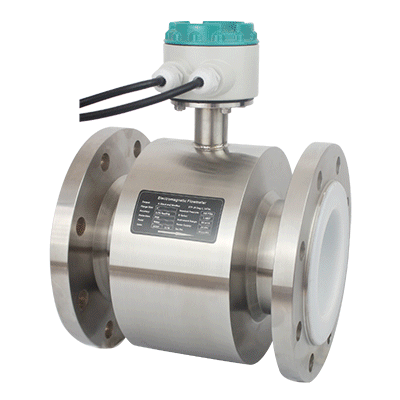

 2024-06-03
2024-06-03 


 Related news
Related news E-mail:admin@henanpanda.com
E-mail:admin@henanpanda.com
 +86 371 23366506
+86 371 23366506
 Address:Add: NO.88, Middle Weidu Road, Kaifeng City,China.
Address:Add: NO.88, Middle Weidu Road, Kaifeng City,China.
